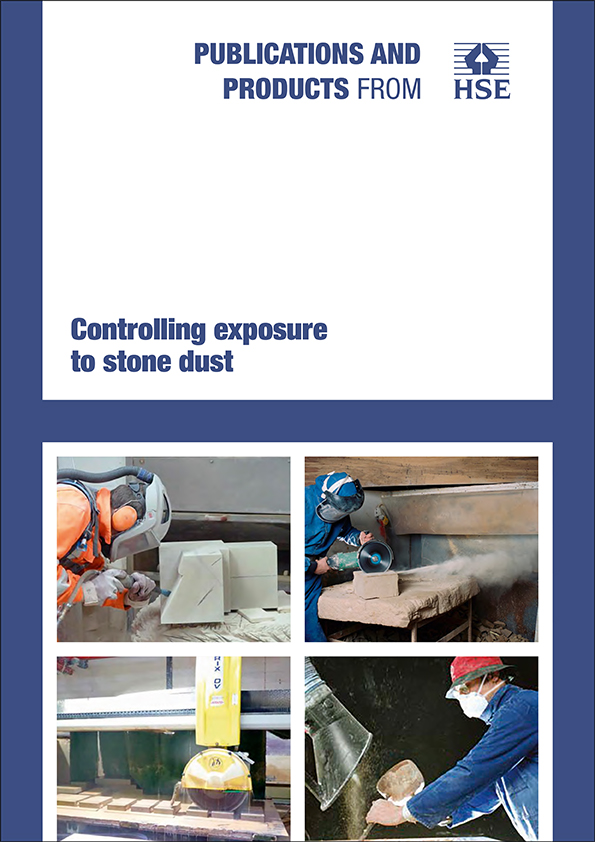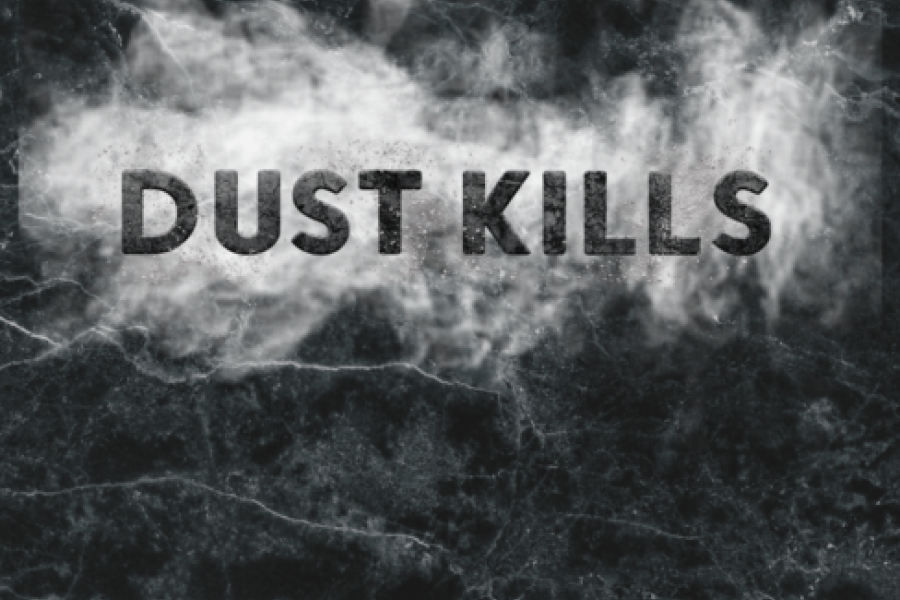Even before the Dust Kills campaign by the Health & Safety Executive focussing on dust on building sites comes to an end on 13 July, another has started focussing on manufacturers.
Health & Safety Executive (HSE) inspectors have begun a targeted inspection initiative focusing on manufacturing businesses where materials that contain silica are used. It is not particularly focussing on stone fabricators, but they are not excluded. Brick and tile manufacturers, and foundries will also be visited.
Exposure to airborne particles of respirable crystalline silica (RCS) can lead to life-changing respiratory conditions such as silicosis, chronic obstructive pulmonary disease and lung cancer.
Crystalline silica is found in most stones, rocks, sand, and clay. Airborne particles are produced during many manufacturing tasks involving these materials. Over time, exposure to silica particles can impair a person’s ability to breathe and cause irreversible, often eventually fatal, lung diseases.
The manufacturer inspections, which started on Monday 3 July, are checking that employers and employees know the risks involved when dealing with RCS and that businesses have control measures in place to protect workers’ respiratory health.
The initiative is supported by HSE’s Dust Kills campaign. There is straight forward advice and guidance on the Work Right website for employers and employees, to help everyone understand the risks and how to protect respiratory health when processing materials that contain crystalline silica.
Employers have a legal duty to create suitable arrangements to manage health & safety and ensure they comply with the Control of Substances Hazardous to Health Regulations 2002 (COSHH).
Inspectors will be looking for evidence that businesses have put in place effective control measures, such as dust extraction (LEV) and, where appropriate, use of water suppression and personal protective equipment such as masks (RPE) to reduce people’s exposure to RCS.
HSE warns that if any health & safety breaches are discovered it will take enforcement action.
David Butter, HSE’s head of manufacturing, says: “During the 2022 silica initiative inspection, findings indicated poor management of control measures, including engineering controls, cleaning and housekeeping, and RPE management. Employers should ensure control measures are used and maintained appropriately.
“We want employers and workers to make sure they are aware of the risks associated with the activities they do. To assist them we have advice and free resources on our Dust Kills campaign pages.”
The advice includes an employer's guide called Controlling exposure to stone dust. You can download a PDF version of it below.


